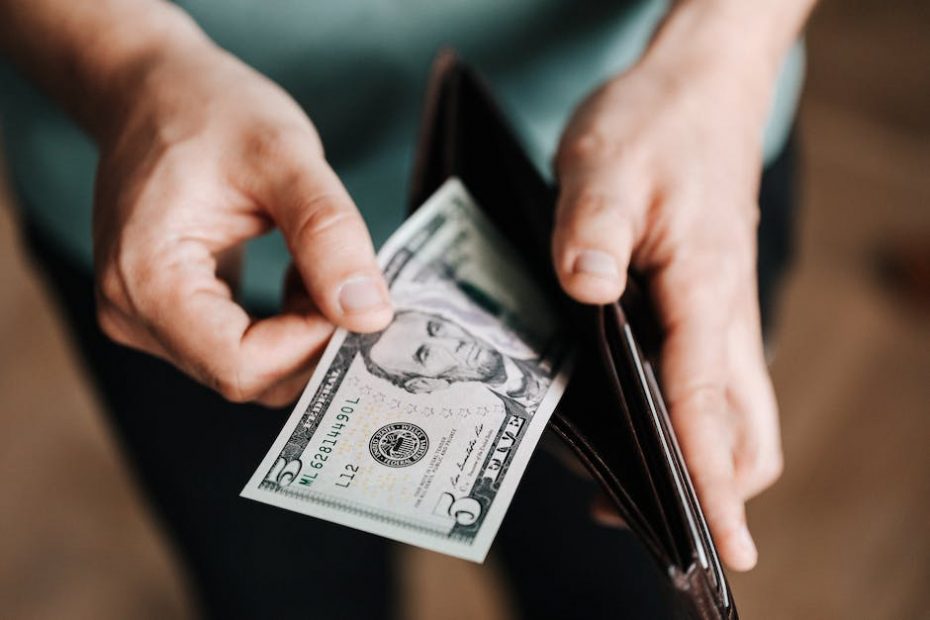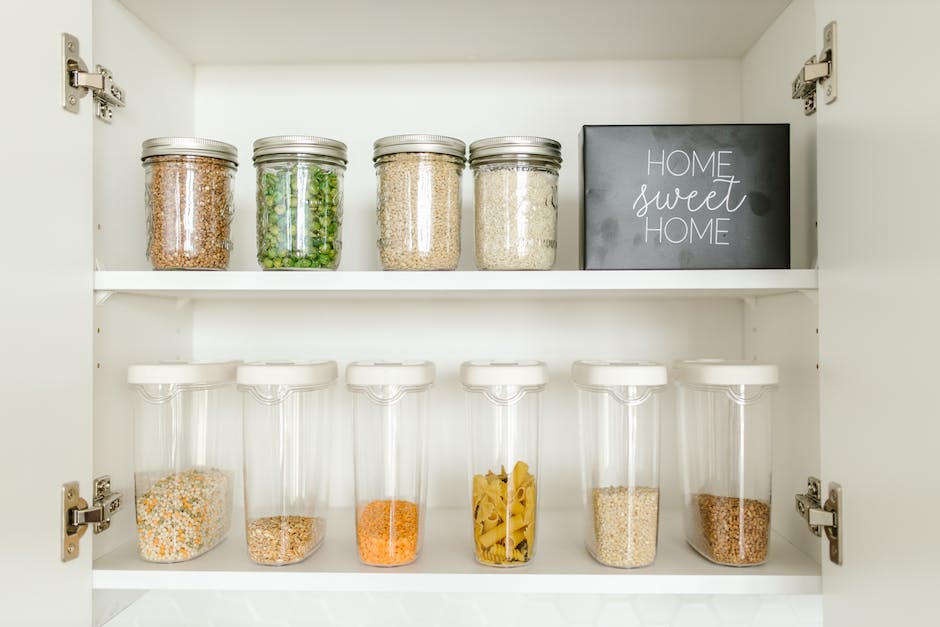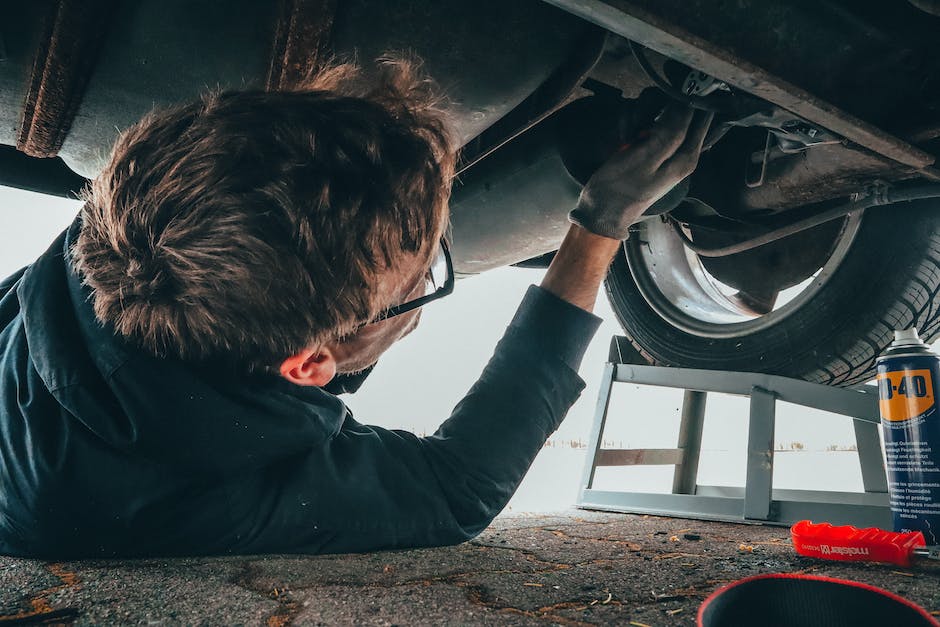Salesforce is an enterprise software company that makes it easy to manage your business. You can buy it as a standalone product or connect it to another app to make it more powerful.
It was originally created for business companies to easily track and manage their sales teams. This app allows companies to create lists of members who have bought something and receive reminders when they shop at a given store.
This app has been around for years, becoming popular in the last year or so. People now feel comfortable using a mobile device while shopping, and having this app that can track purchases is beneficial.
It does not matter if the member decides to purchase or not; Salesforce tracks how much they have spent on each account due to shipping charges and retailer listings. This help make sure members are being billed what they were owed by shop owners.
Hardware costs

There are two main costs for Salesforce to use for making money off your app or platform: hardware and software. Both costs must be accounted for when marketing your app or platform.
Hardware includes devices you need to run your app on, such as computers, phones, or tablets. It also includes accessories such as cases or monitors needed to run your app.
Software costs can be paid for through in-app purchasing or flat fee charges, both of which require user authorization. In-app purchasing requires you to set up an account with a payment method you have control over, while flat fee charges do not require any sort of authorization but must be paid for every time the app is used. Users who have purchased software before may have an easier time creating an account and paying with it due to the familiarity of the process.
Marketing services

As an alternative to selling goods or services, Salesforce can market their expertise. Using marketing materials like press kits and media campaigns can help spread the word about them.
Many companies use news releases to advertise their products and services, so going into detail about what they want from a press release is a way to make it more appealing. By using outlets like NPR or The New York Times, the company can add some extra value to its announcement.
By using media campaigns and news releases, you could very well make money back on your investment! News coverage can lead to paid advertising as well, so you keep coming back for more publicity!
ifferent ways of reaching audience are online and off, which is where marketing materials come inainaiting audience are online and off, which is wherecome in | Heading home?acing||endoftext|>.|heading>.’., 2018: Online advertising has become very popular among advertisers these days.
With the ability taketargetspots.com/salesforce-to run ads on various platforms such as Facebook, Instagram, and Twitter, they are able to reach a large audience that is interested in their product or service. By using these platforms, there is a good chance that people will see their ad and purchase their product or service.
Cloud services

Today, most people use the word cloud services because of how easy it makes browsing and using the internet has become.
Most people have a mobile device, laptop, or computer connected to the internet most of the time. Therefore, you will have a app or desktop application that is a cloud service.
These apps and desktop applications are very popular due to how easy it is to use the web browser and locate an app or file. Most people have at least one app that they use every day.
Many people use cloud-based productivity apps such as Facebook Messenger applications or Google Apps for Personal Use. These apps are all available on your personal device but it may take you a few seconds to start using them because they are so easy to use.
You can make money by becoming an app publisher through marketplaces such as iTunes or Amazon’s App Store.
Custom development


A popular way for Salesforce to make money is by custom development. Custom development can mean developing a new app or website for the force, or working with other developers to create a new app or website for the force.
Custom development is an affordable way to gain exposure and subscribers for your business. By creating new apps and websites for the market, you will develop a loyal following of customers and growth in your business.
Development platforms like iOS and Android are common throughout the world, so finding a custom development platform that specializes in those platforms is an easy start. Once they have developed an app or website you want them to release, they can easily sold it to another company at a profit.
These companies will typically demand a high price for this type of work due to the time and effort required.
Support and maintenance


Support and maintenance is where your company puts its money and resources. Companies that maintain their support and maintenance cycles are more profitable than offering support only at customer sites.
Support and maintenance companies have lower revenues than companies that offer support only at customer sites. Customer site support teams rely on revenue-generating products to maintain quality support, so they are more likely to keep supporting those products.
This makes sense: If I buy a product or service, you must keep an adequate response time in order for me to receive a response. By having a customer site with an establishedsupport team, Salesforce can become more profitable than supporting its users on their phones or online.
ADM sales


There is a market place known as Disruptive Technologies. Here, companies develop and test new technologies before they are released to the public.
This is a good thing, because if someone else uses it, then you made money off of your development. It also helps build your company’s credibility as an innovator, which is what people want when they learn about your product.
If you go to this event, you will see many familiar faces from the tech world. Some of them will be sponsorized products and/or employees from companies that developed products on behalf of Salesforce. That is part of the money-making machine!
At this event, participants come up with new technologies to sell. They collect something called a registered user account that they can use to promote their product. They do this by advertising in online forums and through in-person events.
Data sales



One way for Salesforce to make money is through data sales. Data sales refers to the sale of access to company data like customer account information, marketing lists, and contact information.
Data sales is not for everyone, however. If you are interested in being a data salesman for Salesforce, you will need to meet certain criteria. You must be a highly motivated individual with a strong work ethic, great at multitasking, and an interest in using data to solve problems.
You will also need the ability to multi-task as well as the willingness to take constructive feedback. It can be hard to do all the time, so you will have days when you are not involved in Data Sales and your account does not receive any payments. This is why it is important to manage your account properly so that you do not lose out on money due to stress or neglect.
What doesn’t it do?
Salesforce doesn’t have any apps, services, or products that you would buy. However, its premium subscription is only $9.99 per month which includes all the features listed above.
There are also no special offers or promotions for its premium account. You can only use it once per account so there isn’t much value in having it as a regular account either.
If you were to buy one of the more common computer software packages, say Windows XP or Mac OS X 10, you would probably get at least one version of each installed as soon as you paid for them. You would then have access to those versions forever so there is no reason to pay for this exception to the rule.
Your computer would then keep working but your brain has to keep thinking about it which can be hard when something new is keeping you up at night.




